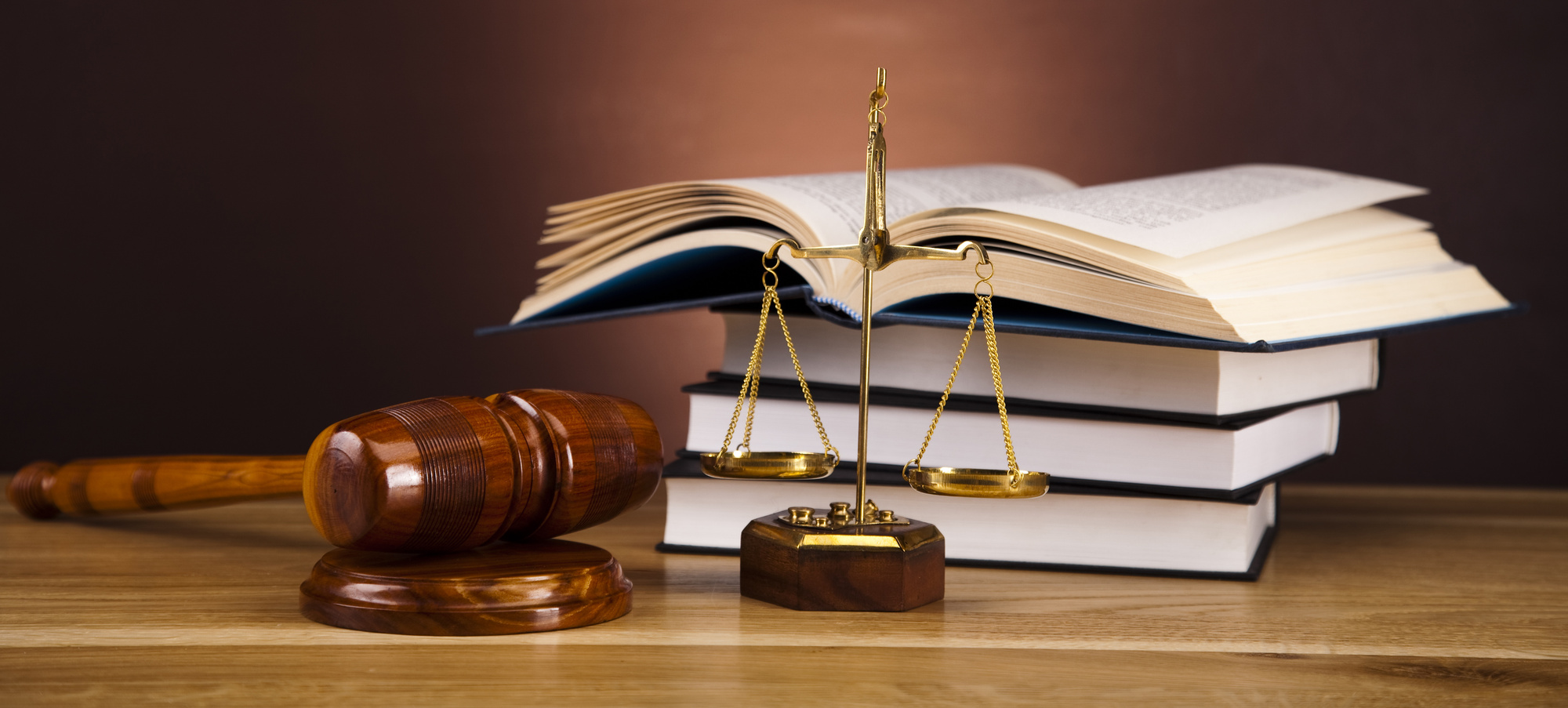Understanding the Role of a Probate Lawyer: What You Need to Know
When someone passes away, their estate must go through a legal process to ensure that debts are settled and assets are distributed according to their will or state laws. This process, known as probate, can be complex and time-consuming. A probate lawyer plays a crucial role in guiding the deceased’s family through this process, ensuring that all legal requirements are met. Understanding what a probate lawyer does can help you navigate this challenging time with clarity and confidence.
Assisting with the Probate Process
 A probate lawyer is responsible for handling the legal aspects of estate administration. If the deceased left a will, the lawyer helps the executor—who is named in the will—manage the estate’s affairs. This includes filing the necessary paperwork with the court, notifying beneficiaries and creditors, and ensuring that all outstanding debts and taxes are paid before assets are distributed.
A probate lawyer is responsible for handling the legal aspects of estate administration. If the deceased left a will, the lawyer helps the executor—who is named in the will—manage the estate’s affairs. This includes filing the necessary paperwork with the court, notifying beneficiaries and creditors, and ensuring that all outstanding debts and taxes are paid before assets are distributed.
If there is no will, the estate is considered intestate, and the probate lawyer helps guide the family through state inheritance laws. This process can be more complicated because it requires determining legal heirs, which varies depending on the jurisdiction.
Resolving Disputes Among Beneficiaries
Disputes can arise during probate, especially when family members disagree on asset distribution or question the validity of a will. A probate lawyer helps mediate these disputes, ensuring that legal procedures are followed. If a will is contested, the lawyer provides legal representation in court to resolve the matter.
Having a probate lawyer involved can prevent lengthy conflicts and ensure that the estate is settled fairly. Their legal expertise can help clarify misunderstandings, protect the interests of all parties, and uphold the deceased’s final wishes.
Handling Estate Taxes and Debts
One of the most critical aspects of probate is managing estate taxes and debts. A probate lawyer ensures that all outstanding financial obligations, including funeral expenses, credit card bills, mortgages, and state or federal taxes, are properly addressed.
Failing to settle these debts correctly can lead to legal complications, which may delay the distribution of assets to beneficiaries. A probate lawyer ensures that all financial matters are handled in accordance with the law, preventing potential legal challenges in the future.
Assisting with Asset Distribution
After all debts and taxes have been settled, the remaining assets are distributed to the beneficiaries. A probate lawyer ensures that this process is carried out smoothly and in accordance with the will’s instructions. If there is no will, they follow state laws to divide assets among heirs.
Sometimes, assets such as real estate or business holdings require valuation, sale, or transfer. A probate lawyer assists with these transactions, ensuring that they comply with legal requirements and are in the best interest of the estate.

The Importance of Legal Guidance
Many people assume that they can handle probate on their own, but the process can be overwhelming, especially when dealing with grief. Having a probate lawyer provides reassurance that everything is being handled correctly. They navigate the complexities of estate law, ensuring compliance with legal requirements and preventing costly mistakes.
Legal guidance is particularly crucial for estates with significant assets, multiple beneficiaries, or potential disputes. A probate lawyer streamlines the process, reducing stress and ensuring that the estate is settled efficiently.

